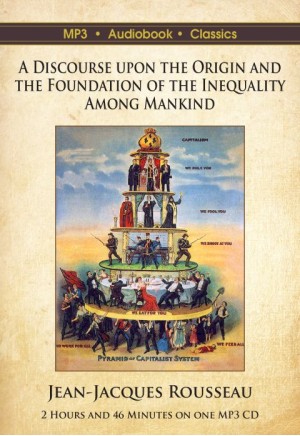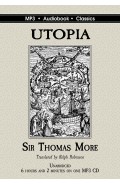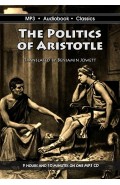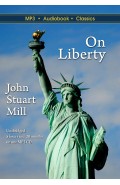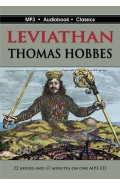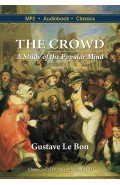| Track | Section | Length |
| 1 | 1 - Introduction Opening Section | 10:33 |
| 2 | 2 - Discourse First Part - Part 1 | 17:47 |
| 3 | 3 - Discourse First Part - Part 2 | 23:56 |
| 4 | 4 - Discourse First Part - Part 3 | 32:26 |
| 5 | 5 - Discourse Second Part - Part 1 | 39:19 |
| 6 | 6 - Discourse Second Part - Part 2 | 41:03 |
Book Coordinator: ej
Meta Coordinator: J. M. Smallheer
Artwork
Cover: ‘Pyramid of the Capitalist Sytem’, 1911, artist unknown
Inset: Frontispiece and title page to Discourse on the Origin and Basis of Inequality Among Men
Inset: Portrait of Jean-Jaques Rousseau by Maurice Quentin de la Tour
Jean-Jacques Rousseau wrote A Discourse Upon the Origin and the Foundations of Inequality Among Men in 1754 for a contest on the topic sponsored by the Académie de Dijon. It is sometimes called The Second Discourse, as it was a continuation of ideas put forth in his Discourse on the Arts and Sciences, often called The First Discourse, which took the first prize in a previous competition in 1750 and brought Rousseau significant recognition. In it Rousseau discusses two types of inequality: natural inequality, based on physical differences of the body, and moral inequality, which derives from the differences in wealth, rank, power, and perceived merit found in civil society. He dismisses natural inequality in his argument as it is not responsible for the inequality found in civil society. He describes the ideal as the “natural man” who has an instinct for self-preservation (amour de soi meme), a natural aversion to suffering, and an inclination to avoid conflict with others. Interestingly, this natural man lacks reason as well as language and society, but can learn through observation. Once natural man associates with others and becomes civilized, certain attributes emerge. Individuals compare themselves with others, a sense of self develops along with the notion of self esteem (amour propre), which leads to pride and rivalry and, inevitably, the establishment of private property, which Rousseau considers the locus of all corruption and the root of moral inequality. Certainly food for thought as we grapple with identical issues in the present day.
"The first person who, having enclosed a plot of land, took it into his head to say this is mine and found people simple enough to believe him, was the true founder of civil society"
Download a PDF datasheet
Available in these formats
|
|
|
|
|
| DVD case | CD jacket | CD jewel case | CD paper sleeve | MP3 download |
| Item Info | |
| EAN - DVD case | 0682550992587 |
| EAN - CD jacket | 0682550992624 |
| Media | MP3 CD |
| Package | CD jacket |
| Author | Jean-Jaques Rousseau (1712-1778) |
| Translator | Translator unknown. Text from Harvard Classics, series edited by Charles Eliot. |
| Year | 1754 |
| Recording | |
| Read by | ej |
| Length | 2 hours and 46 minutes |
| Type of Reading | Solo reading |
A Discourse Upon the Origin and the Foundation of the Inequality Among Mankind
- Author: Jean-Jaques Rousseau
- Product Code: DB-1302
- Availability: In Stock
-
$9.99
Available Options
Related Products
Utopia
Sir Thomas More invented the word “utopia” by blending words from Greek meaning “no place” as a titl..
$9.99
The Politics of Aristotle
Aristotle’s Ethics describes the means to the happy life of virtue intended by nature. In Politics h..
$11.99
On Liberty
In 1854 John Stuart Mill began a short essay on the relationship of authority and liberty. Five year..
$9.99
Leviathan
The title of Thomas Hobbes’ Leviathan is drawn from the biblical figure of a gigantic sea monster, a..
$13.99
The Crowd: A Study of the Popular Mind
The Crowd: A Study of the Popular Mind, written by Gustave Le Bon and published in 1895, is consider..
$9.99
Magna Carta Libertatum
The document commonly called the Magna Carta bears the full title Magna Carta Libertatum, which is M..
$7.99

